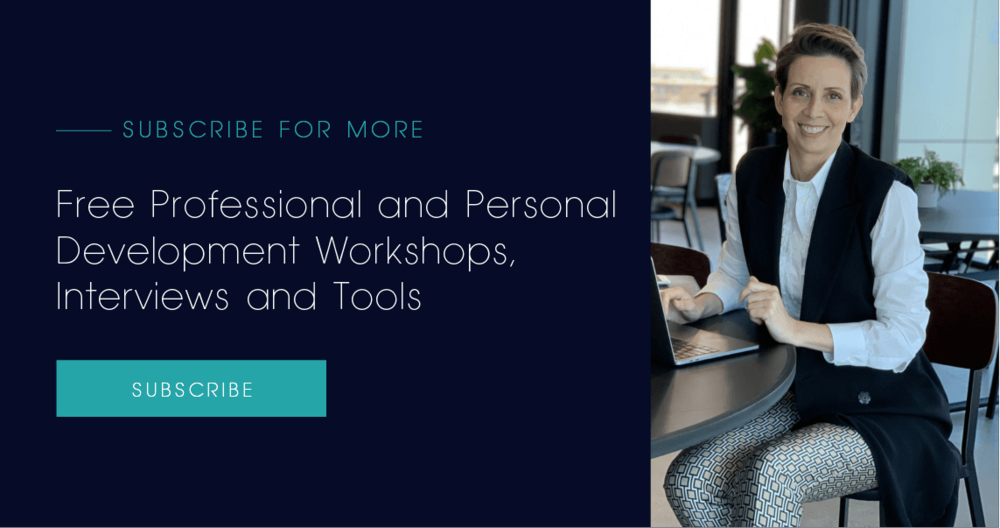EQ: The Trade of the Next Decade
Gary Vaynerchuk, entrepreneur, author and speaker calls Emotional Intelligence (EQ) the trade of the next decade. So valuable that businesses won’t thrive without it.
In his short video, Gary talks about the importance of internal feelings. In other words, understanding our people beyond our own opinions of who they are, what they need and how they should be performing. We need to go deeper.
If leaders want to impact the engagement and performance of their people, the first step is understanding themselves. Attempting to influence the thinking and behaviour of another without knowing ourselves, is like tinkering under the hood of a car pretending we know what to do when all we’ve done is read a page or two of the users manual.
In their book Emotional Intelligence 2.0, Travis Bradberry and Jean Greaves share the 4 skills of Emotional Intelligence:
1. Self Awareness
2. Self Management
3. Social Awareness
4. Relationship Management.
Most of us would consider ourselves self-aware, but are comfortable judging the reactions of others when they’re triggered or under stress as self-unaware.
We don’t always see, though, that we do the same in our times of heightened stress, challenging moments or when our buttons have been pushed. We explain away our reactions, justifying them by blaming circumstances or events outside of ourselves, making someone or something else wrong.
Bradberry and Greaves comment, “awareness of self is not just knowing if you’re a morning person or a night person, it goes much deeper than that. Getting to know yourself inside out is a continuous journey of peeling back the layers of the onion…
Since it isn’t possible to leave your emotions out of the equation, managing yourself and your relationships means you first need to be aware of the full range of your feelings, both positive and negative. When you don’t take time out to understand your emotions, they have a strange way of resurfacing when you least expect them.”
If being self-aware and being masterful at self-management (the first two skills of EQ), relies on us being in-tune with how we feel, it’s obvious that the biggest barrier to self-awareness is our resistance to feelings.
In the current economic paradigm, feelings are still judged harshly and are explicitly made unwelcome. We expect and encourage our people to connect, communicate, collaborate effectively and interdependently, however, we resist making space for the feelings that enable the development of these skills.
Recently, a highly driven senior manager was challenged with one of her team members who was, in her eyes, offering too many explanations and not enough results. The last thing this leader wanted to do was make more time to talk. As she began to understand her people in new ways, she realised that in her denial of how this team member was really feeling, she was triggering her into self-protection and lengthy justification. When she began making time for brief, intentional, but open-hearted conversations, a remarkable thing happened, her team member didn’t want to keep talking, instead she felt more certain in what she was doing and her results began to improve.
Denial of what is innately human, feelings and emotions, impacts the confidence of our people and their willingness and ability to be accountable. If it’s not ok to feel unsure or unclear about what’s expected or fearful of succeeding, we will still feel those feelings, we’ll just pretend we don’t, and it’s in the pretending that we disconnect, disengage and distrust.
Emotional intelligence is the foundation for building cultures of accountability, trust and innovation, the precise qualities that speed business up. EQ impacts decision-making, time management, change and stress tolerance and the ability to provide quality service to clients.
Many leaders believe that making space for feelings will somehow ‘open the floodgates’ and nothing will get done, but the outcome is the opposite. Making it ok for people to be human and to feel, connects at a level of our humanity that draws people in.
The biggest challenge for leaders in developing and leveraging emotional intelligence – the trade of the next decade, is learning how to be ok with their own feelings first.
We cannot face in another what we have not faced within ourselves.



